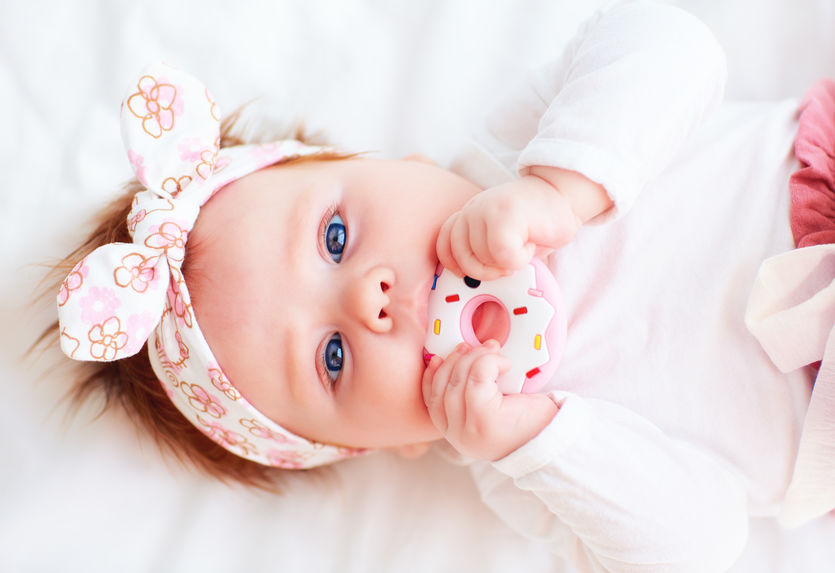
When it comes to protecting your child’s teeth, the more you know, the better a job you’ll be able to do. Especially for first time parents, your knowledge about early dentistry and baby teeth may be limited, because this is a whole new adventure for you. So, here are a few things perhaps you didn’t know about baby teeth, and how you can best care for your child when it comes to oral health.
Your baby’s first tooth is a big childhood milestone. You’ll be saying ‘so long’ to that gummy grin, and you’ll likely deal with a little fussing as your baby’s teeth begin to erupt and grow in. This process can come with a little pain and irritability for your baby, as well as a low grade fever on occasion. That said, a lot more changes during this stage than the way your baby’s smile looks.
Baby teeth, also called primary teeth, serve a major purpose for your child. Those baby teeth prepare the mouth for the permanent teeth that will carry your child through adulthood. These primary teeth serve the obvious purposes– chewing and eating, but they also aid your child in speech functions, while also serving as placeholders for the permanent teeth that will eventually begin to replace them.
Keeping these baby teeth healthy as your child grows and matures will help ensure a healthier dental path for them as they approach adulthood. Proper dental hygiene and preventative dental care work in tandem to help keep your child’s teeth and mouth healthy and prevent dental problems down the road that can be both painful and costly.

Our team at Tedford Family Dentistry in Chattanooga would love to help you and your child take exceptional care of those precious primary teeth. If you need to schedule an appointment for your child, contact us today!